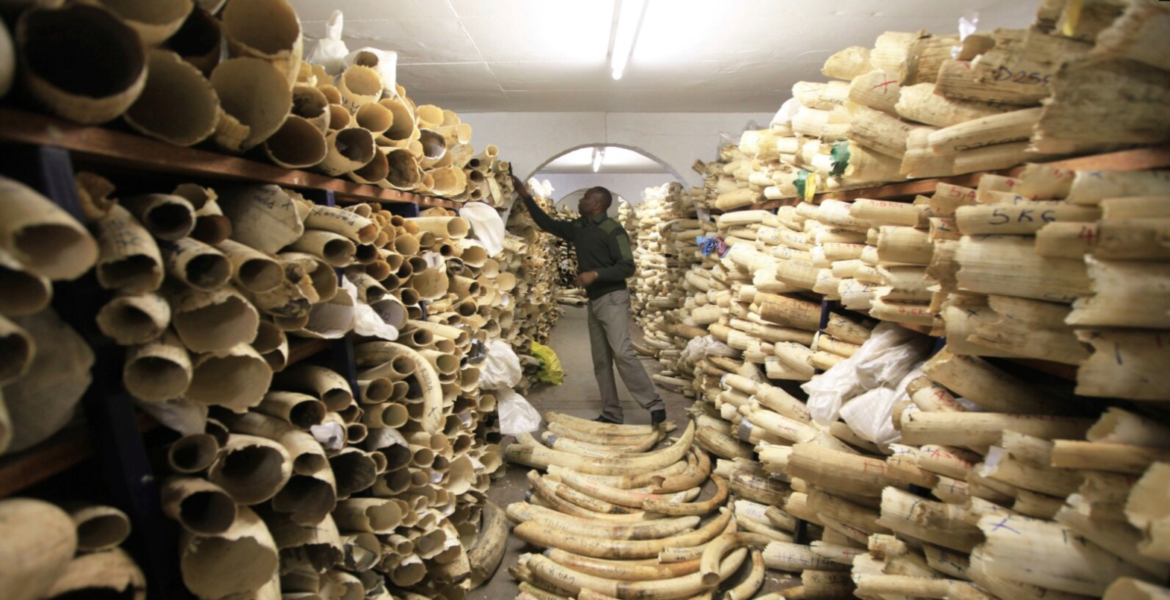KATLEGO RAKOLA
Botswana could opt out of the Convention on International Trade in Endangered Species (CITES) should a SADC request to sell ivory stockpiles be rejected at CITES 19th Conference in November, The Botswana Gazette has established.
Over the weekend Botswana, Zambia, Tanzania and Namibia signed the Hwange Declaration which calls for the legalising trade in ivory, particularly ivory obtained from natural mortalities. The bloc has weighed options and several scenarios, including quitting membership of CITES in order to trade ivory.
The Director of the Department of Wildlife and National Parks (DWNP), Dr Bakang Senyatso, says these options have been presented to the Minister responsible locally, and that SADC will decide what to do if CITES turns the request of the bloc at its conference.
“As member states of CITES we do reserve that option to opt out, should we so wish,” Dr Senyatso said. “Similarly, those interested in purchasing our stockpiles of ivory may also opt out so that this becomes a willing seller and willing buyer scenario outside CITES processes. This is legal and permissible within international treaties.”
He noted that Botswana and other SADC countries have significant stockpiles of ivory that they are ready to offload. This is because exorbitant costs are attached to keeping these stockpiles. They include collecting, storing and reporting in accordance with CITES requirements.
“All of these activities come at a cost but at the same time there is a demand for legally sourced products,” Dr Senyatso said.
He believes being able to sell ivory could also thwart growing incidents of illegal ivory trade, which have been evidenced by frequent seizures from illegal traders, where monthly large consignments of illegal ivory are caught. “Economic returns that are missing from our equation are being realized by poachers, and not by governments that are facilitating the conservation of elephants,” said Dr Senyatso.
It is estimated that there are 300 000 elephants in the Kavango-Zambezi Transfrontier Conservation Area (KAZA). Meanwhile environmentalists and conversation groups are against the sale of ivory. They have stifled efforts by SADC to make a plea on the sale of ivory. However, Senyatso said these are fact-less campaigns, based on false emotions.
“The only thing that stops legal trade is largely based on emotions and amplified arguments by those that are against trade,” decried Dr Senyatso.

